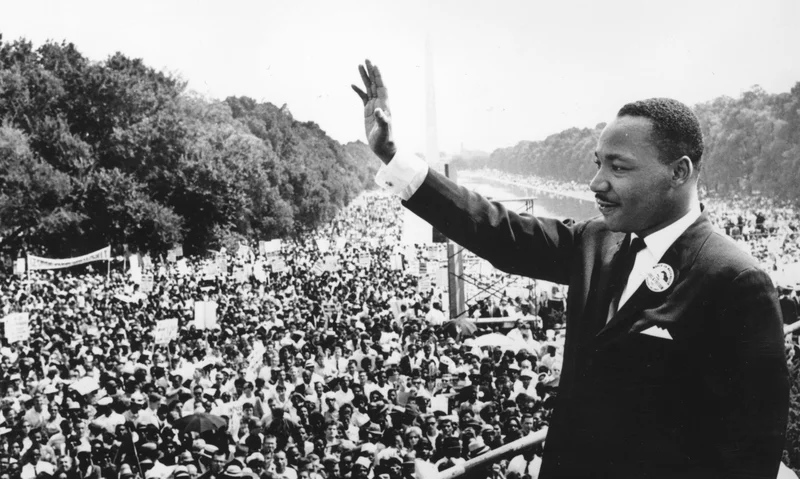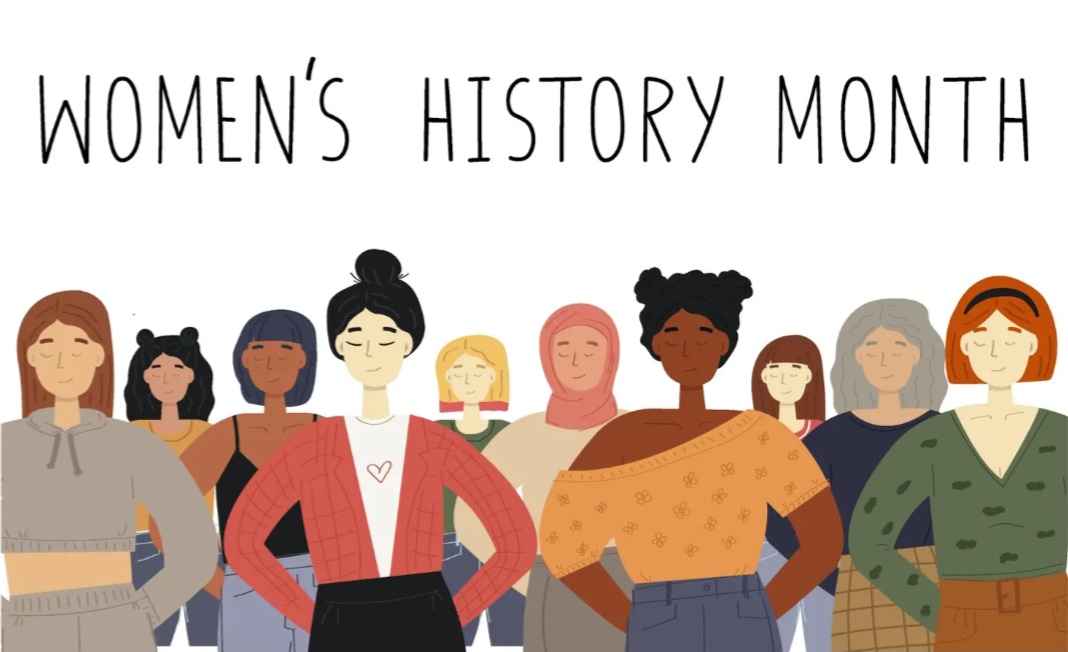Every third Monday of January, schools and many federal organizations close their doors in observance of Martin Luther King Day, which is 1 of 11 federal holidays on the US calendar. The day stands out among the other holidays which typically revolve around president’s, veterans, and other American staples, so why do we observe it? More importantly, why is it important for us to remember the legacy of Martin Luther King?
Early Life
Martin Luther King Jr. was born on January 15th, 1929 in Atlanta, Georgia and lived a rough life in the deep south. Being from this part of the country meant that not only was his family tough on him, but the society around him was not very welcoming. An example can be found when MLK was just six years old and befriended a young white boy from his neighborhood. Despite both youths being the same age, they were sent to different schools, one for white students and one for black students. Eventually the parents of the boy refused to allow their son to play with MLK because of his color. Growing up he witnessed his father stand up to the segregation and racism of society which had a profound effect on the young King. Being both an incredibly gifted student and following in his dad’s footsteps, he enrolled in Morehouse College, a historically black school, at only 15 before graduating and entering a Seminary for Baptist Ministers. King was noted for being exceptional at public speaking, using his time at both school and ministering to further advocate for the plight of Black Americans.
The Activist
MLK rose to fame in 1955 when he led the Montgomery Bus Boycott in Alabama. The protest came following two incidents of black women, Claudette Colvin and Rosa Parks, being arrested for refusing to give up their seats on a bus to white passengers. Using his influence as a minister in the area, he organized a complete boycott of the Montgomery Bus system which lasted for 385 days. His time leading the boycott proved to gain him supporters but also enemies as his house was bombed and he was singled out by police on numerous occasions. However this did little to slow down the growing civil rights movement.
In 1957, he founded the Southern Christian Leadership Conference to unite black and white churches to protest for equality. King believed that through nonviolent protests, he could challenge the South’s Jim Crow Laws and bring attention to the situation of millions of African-Americans. His organization would continue to protest and conduct sit-ins bringing widespread media attention to parts of the deep-south, highlighting the unjust laws that governed parts of America. Throughout the years of marching and sit-ins, King was arrested a number of times with the government even admitting to targeting him as an agitator, leading to his famous “Letter from Birmingham Jail” arguing for unity against hate. Despite all these hardships, he remained devoted to his mission.
March on Washington
Although Dr.King was involved in many civil rights campaigns throughout the 50’s and 60’s, none stood out greater than his March on Washington. On August 28th, 1963, King, representing the SCLC along with 6 other major organizations, conducted a peaceful march in Washington DC. Thousands of people from all over the country and of every different race, met together at the National Mall to pursue the end of racial segregation. It was here, in front of thousands of people, where Dr. King delivered his “I Have a Dream” speech. Echoing the words of Thomas Jefferson, MLK emphasized that all men were created equal and told the people of his simple dream where we could all live free from oppression, a place where we are judged by our character and not our skin. The March on Washington would be seen as a resounding success and less than a year later the Civil Rights Act of 1964 was passed.
Death and Importance
Unfortunately, Martin Luther King Jr. remained a controversial figure. On March 29th, 1968 he was assassinated in Memphis, Tennessee. The legacy that Dr. King left behind made him one of the most influential people in American politics and in 1983, Reagan would declare the third Monday of every January MLK Day. It is important to remember him and his life’s work which has led to the society we live in today. Work still needs to be done to further equality in the world, but one can not deny the impact that he had on Civil Rights and the end of segregation.





